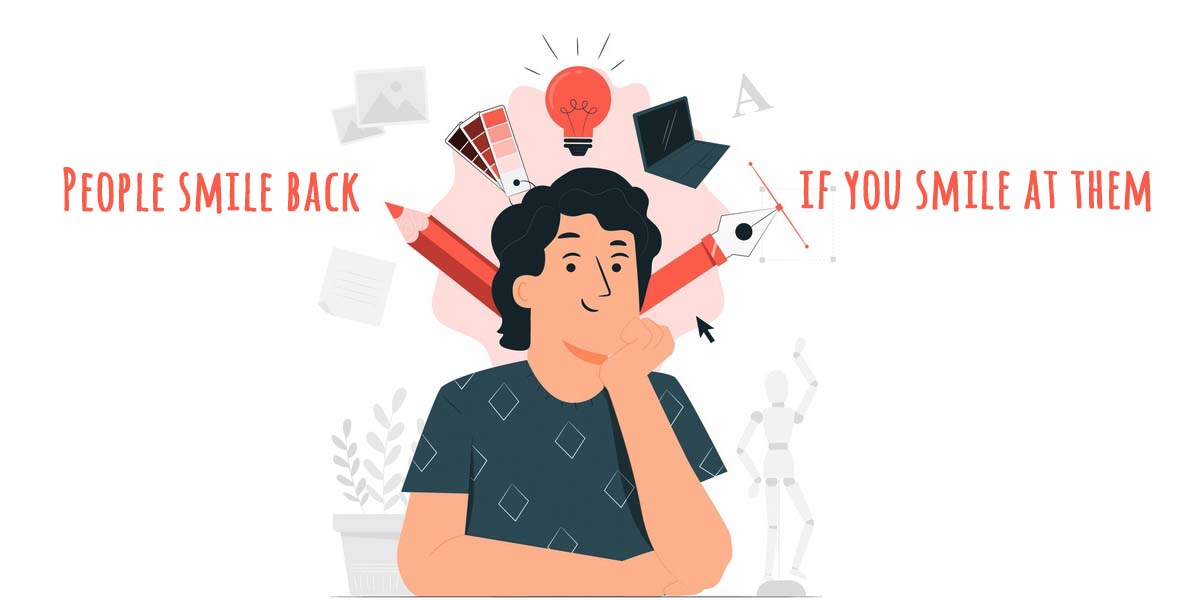Conditional Sentences with Examples

Table of Contents
Conditionals (or if clauses) are used to describe the result of what could happen or what we wish would happen. There are five main ways of constructing conditionals sentences in English. In general, they all made up of an if clause and a main clause.
So, why would you want to learn about conditionals in the first place? Well, conditionals are extremely important in English language as they help us express regret, give advice or discuss facts.
🔠Now you may ask: What is an if clause? Or a main clause? More specifically, what is a clause?
✅ A clause is basically a sentence that contains a subject and a verb, for example:
- If Anna wakes up, she will sing.
The if clause is “If Anna wakes upâ€.
The main clause is “she will singâ€.
So, we mentioned that conditional sentences in English can be constructed in five cases. The following table shows the difference between them with suitable examples.
| Type | Function | Examples |
|---|---|---|
| Conditional type zero | to express facts | If you sleep, you dream. |
| Conditional type one | to express a result of a future event | If he is late, I will be angry. |
| Conditional type two | to talk about things in the future that are probably not going to be true | She would travel all over the world if she were rich. |
| Conditional type three | to describe a situation that didn’t happen, and to imagine the result of this situation | If we had taken a taxi, we wouldn’t have missed the plane |
| Mixed conditionals | refer to an unreal past condition and its probable result in the present. | If I had worked harder at school, I would have a better job now. |
Examples:
Conditional type zero:
- When you heat ice, it melts.
- When you don’t give plants enough water, they die.
- If you eat too much, you get fat.
- If you put your hand on a fire, you get burned.
- People smile back if you smile at them.
- You get water if you mix hydrogen and oxygen.
- Snakes bite if they are scared.
- If babies are hungry, they cry.
Conditional type one:
- If it rains, I won’t go to the park.
- If I study today, I’ll go to the party tonight.
- If I have enough money, I’ll buy some new shoes.
- She’ll be late if the train is delayed.
- She’ll miss the bus if she doesn’t leave soon.
- If I see her, I’ll tell her.
Conditional type two:
- If I won the lottery, I would buy a sports car.
- If I met your father, I would say hello.
- She would travel all over the world if she were rich.
- She would pass the exam if she ever studied.
Conditional type three:
- If she had studied, she would have passed the exam.
- If I hadn’t eaten so much, I wouldn’t have felt sick.
- If we had taken a taxi, we wouldn’t have missed the plane.
- She wouldn’t have been tired if she had gone to bed earlier.
- She would have become a teacher if she had gone to university.
- He would have been on time for the interview if he had left the house at nine.
Conditional type mixed:
- If I had worked harder at school, I would have a better job now.
- I would have a better job now if I had worked harder at school.
- If we had looked at the map we wouldn’t be lost.
- We wouldn’t be lost if we had looked at the map.
- If you had caught that plane, you would be dead now.
- You would be dead now if you had caught that plane.